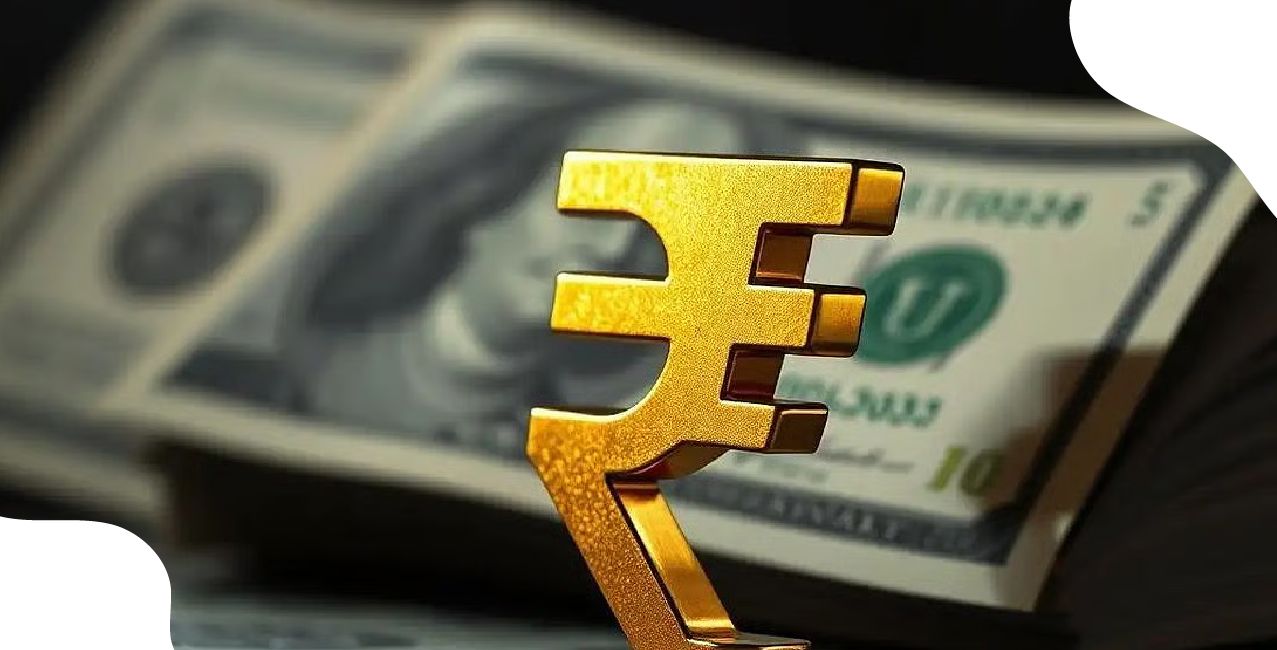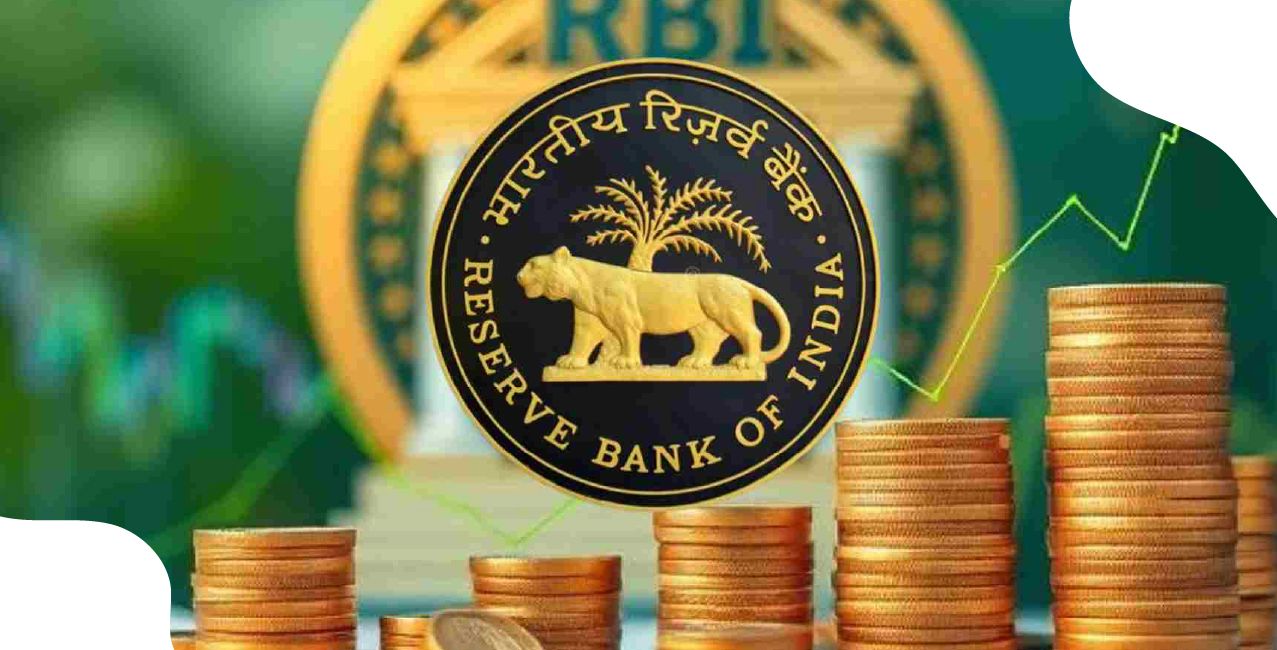Did CM Yogi State Wrong Facts About UP’s GDP And Per Capita Income, or Is He Right?

Check Your Loan Eligibility Now
By continuing, you agree to LoansJagat's Credit Report Terms of Use, Terms and Conditions, Privacy Policy, and authorize contact via Call, SMS, Email, or WhatsApp
Numbers of growth bring applause but also raise questions over accuracy of data.
What does it mean for a state when its economy grows by leaps within a decade? In Uttar Pradesh, Chief Minister Yogi Adityanath has claimed that both the Gross State Domestic Product (GSDP) and per capita income have tripled in the last nine years.
The statement was made during the Vision 2047 workshop in Lucknow in 2024. But government records and budget reports show a slightly different picture when one examines the details.
Uttar Pradesh GDP Growth In Nine Years: The Fresh Claim
At the Vision 2047 workshop held in Lucknow in 2024, Yogi Adityanath declared that Uttar Pradesh’s GSDP had expanded from about ₹12.36 trillion in 2017 to a projected ₹36 trillion in 2025.
He also claimed that the per capita income had jumped from ₹45,000 to ₹1,20,000 during the same period. These numbers became headline material in newspapers and television channels.
Yet, budget reports and finance minister statements tell a different story. In March 2023, the state finance minister announced in the assembly that the state’s GSDP stood at ₹30.77 lakh crore (₹30.77 trillion), more than double the 2017 figure. The PRS Legislative Research analysis of Uttar Pradesh Budget 2025-26 published in 2025 put the GSDP at about ₹25.48 lakh crore in 2023-24 at current prices.
Here is a comparison of numbers often quoted in speeches and reports:
The table shows that the state has doubled its economic size in six years. The tripling claim appears to be a projection rather than a confirmed number.
Per Capita Income Rise In Uttar Pradesh Under Yogi: Reading The Terms
To understand the rise in income, it is important to know what the numbers mean. GSDP per capita is the income figure when the state’s domestic product is divided by its population. NSDP per capita, or Net State Domestic Product per person, adjusts for depreciation of capital goods and gives a clearer view of real earnings.
According to the Uttar Pradesh Directorate of Economics and Statistics (UPDES) revised advance estimates 2016-17, the per capita income was ₹51,920 in 2016-17 at current prices. The PRS Budget Analysis 2025-26 places per capita GSDP at ₹1,07,468 in 2023-24. The CEIC dataset linked to MOSPI records NSDP per capita at ₹93,422 in 2024.
Here is the snapshot:
The chart confirms a steady rise in income. It is almost double, but not triple. The difference shows how official reports and political statements use different frames.
UP Economic Development Achievements 2014 To 2023: Beyond The Numbers
Growth of an economy is not only about figures but also about the changes in sectors. The Invest UP report of July 2024recorded achievements of the state government between 2014 and 2023.
It cited expressways, irrigation canals, and industrial projects as visible results. The One District One Product (ODOP) scheme has helped artisans and small producers find markets.
Data from UPDES shows how the share of sectors changed between 2016-17 and 2023-24.
The table indicates that industry has grown stronger, while agriculture has seen a relative fall. Services continue to hold the largest share. This wider look shows progress that was missing in most news articles.
Yogi Adityanath On Uttar Pradesh Income Growth: Past And Present
Statements on Uttar Pradesh income growth vary between leaders and years. In 2023, the finance minister said that the economy had “more than doubled” since 2017. In 2024, the CM spoke of a tripling. Both referred to the same period but presented different narratives.
The table reflects how the language of growth depends on who speaks and in what setting. The numbers are part of a larger political and economic message.
Tripling Of GDP And Income In UP State Economy: Linking To Past Coverage
In March 2024, reports noted that India’s GDP had crossed USD 4 trillion for the first time. Uttar Pradesh was seen as a driver of this growth. The state’s investment push and rising tax collections were mentioned in those articles. Read here: India’s GDP milestone March 2024.
Placing both stories side by side, one can see how Uttar Pradesh’s progress feeds into the national story. The difference is that the national coverage often cross-checks figures with RBI or MOSPI, while state coverage repeats political statements without much verification.
Government Reaction In The Past: A Look Back
The contrast becomes clear when older numbers are recalled. For example, according to a LoansJagat article “Indian Economy Remains Largely Resilient Despite Global Uncertainties, High Tariff Risk”, inflation in June 2025 dropped to 2.10%, the lowest since early 2019.
Back in earlier years, government reports were more cautious, emphasizing uncertainties, risks, and slowing growth even when figures were rising. Today, similar statistics are often framed as signs of turning points and strong recovery. Banks and finance departments still stick closely to confirmed data. But political messaging has shifted, it's now more about momentum, rounding up, and strong narrative.
Conclusion
Uttar Pradesh has seen visible economic progress between 2014 and 2024. GSDP has doubled, and per capita income has also doubled. The claim of tripling, however, does not stand when tested against government budget reports and statistical releases. The growth is real, the numbers are strong, but the framing differs.
As Vision 2047 becomes the new reference point, the state’s future targets will continue to invite applause and debate. What matters is that reports such as the PRS Budget Analysis and UPDES estimates give the confirmed base on which projections should rest.
About the author

LoansJagat Team
Contributor‘Simplify Finance for Everyone.’ This is the common goal of our team, as we try to explain any topic with relatable examples. From personal to business finance, managing EMIs to becoming debt-free, we do extensive research on each and every parameter, so you don’t have to. Scroll up and have a look at what 15+ years of experience in the BFSI sector looks like.
Subscribe Now
Related Blog Post

Home Loan Interest Rates 2025 Deliver Major EMI Relief, Will Borrowers See More Gains In 2026?

Will the Indian Rupee Stabilise in 2026 After a Volatile 2025?

RBI Draft Rules Target Surprise Costs in Overseas Payments
Recent Blogs
All Topics
Contents
Quick Apply Loan
Consolidate your debts into one easy EMI.
Takes less than 2 minutes. No paperwork.
10 Lakhs+
Trusted Customers
2000 Cr+
Loans Disbursed
4.7/5
Google Reviews
20+
Banks & NBFCs Offers
Other services mentioned in this article





